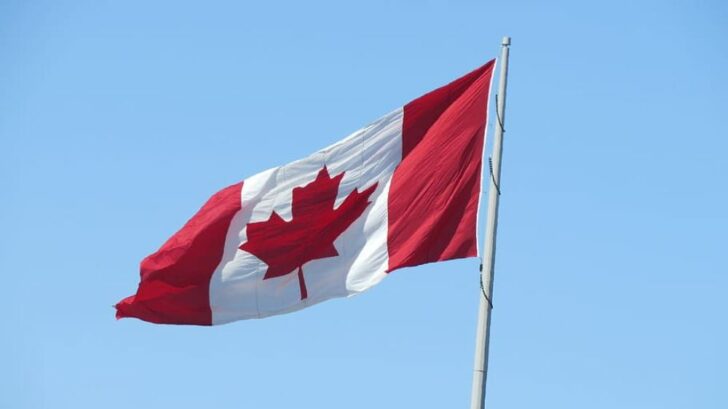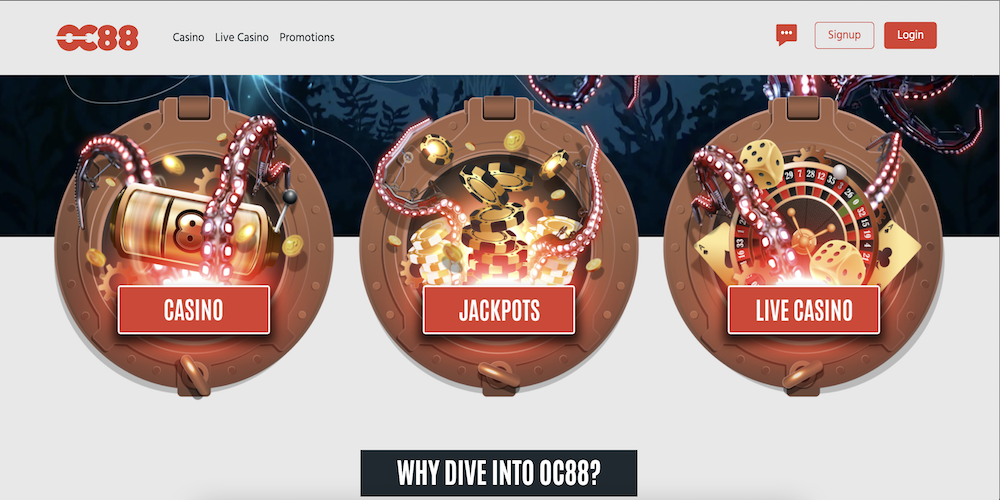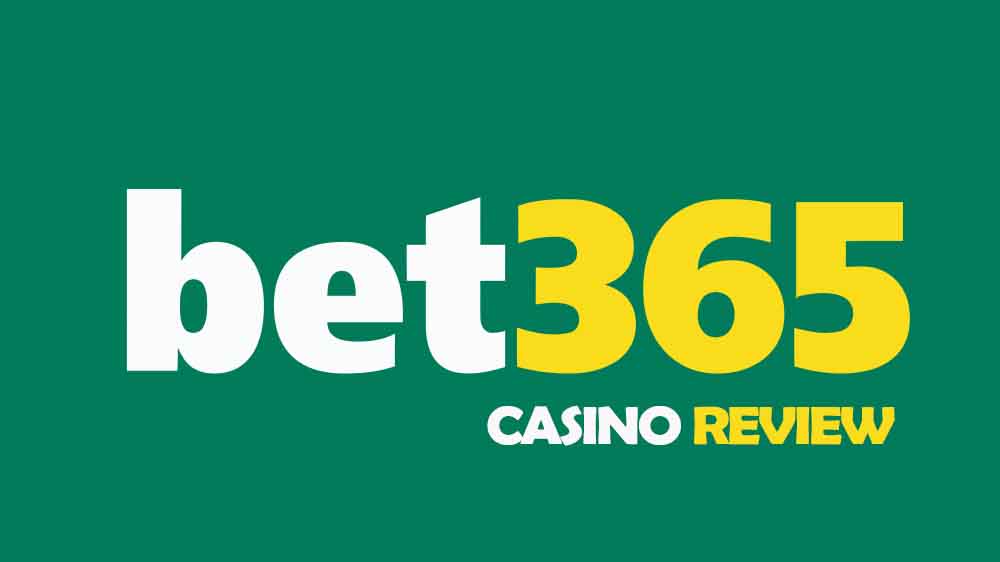Canadian Casinos – The History And Present Day Laws Of Gambling

Canadian Casinos – The History And Present Day Laws Of Gambling
Over the last couple of decades, especially with the advent of online casinos, you’ll see that Canada has enjoyed some of the most stringent gambling laws in the world. But today, you’ll find that they have a much more relaxed attitude towards casino games. In turn, this has allowed Canadian online casinos to blossom and thrive.
An Introduction to the Canadian Online Casino
It’s a fact that all Canadians love to gamble. Recent figures show that over 86% of all Cannucks have been to a casino, whether online or off, over the last year. This has led to the Canadian state earning over $31 billion from gambling. A cynic might say that thanks to this huge amount of income, it’s no surprise that online gambling is perfectly now legal in the country.
However, when it comes to the actual hosting of online casinos, then you’ll find that Canadian gambling laws are rather opaque. Some Canadian provinces do have their own online casinos which possess a licence from the province itself. As such, these licences can only be used within the country’s borders. It’s important to note that offshore casinos a banned and are unable to obtain a Canadian gaming licence. One way that these foreign casinos are able to gain a foothold in a Canadian marketplace is by basing themselves in Native American territories such as Saskatchewan Province. Regarded as a sovereign nation within Canada, the Mohawk Territory of Kahnawake does not fall under Canadian legal authority.
A Very Concise History Of Canadian Gambling
Before John Cabot arrived in Canada in 1497, the native people were already playing simple gambling games. One is these were called “Slahal” which was played with deer bones. With Cabot leading the way, more pioneers came from Europe to the new country bringing with them traditional playing cards. Because these were easy to transport, took up little room and yet offered an entertaining way of passing time during the long and arduous voyage, they proved very popular. Probably the most popular games at that time were Stokk, Barbotte, and Poker.
The Gold Rush Brings New Games

In 1896, Canada experiences the first gold rush with the discovery of gold in the Klondike in Yukon. As you can imagine, this brought a huge number of immigrants to Canada including many Germans. At the time they played a popular banking game known as “Lansquenet.” The French who came played “Pharaon”, a game said to have been brought to Canada by a Scotsman, John law in 1717. Eventually, this game was to go through an evolving name change including “Pharaoh”, “Pharo” and finally into the popular game, “Faro.” Over the years, this popular game moved over the border from Canada into the US.
The Canadian Provinces Take Over Gambling
In some ways, it appears that the Canadian government didn’t want to have to deal with gambling. So in the 1970s, sweeping changes took place as the laws allowed provinces to set up their own gambling legislation. As a result, gambling took off for Canadians thanks to the introduction of bingo halls and video lottery machines. The first government-owned casino opened in Winnipeg in 1990, and then 3 years later, another opened in Montreal. By the time 2003 came around, you could find 59 land-based casinos across Canada. At the time these were bringing a total of around $11.8 billion. Around the same time, we saw players flocking to online sites by utilising their mobile phones thanks to the introduction of the internet.
Bodog isn’t just super-safe but also super-fun
Important Canadian Gambling Laws
In 1892, the Canadian Criminal Code was established and gambling fell under strict conditions. Then in 1910, pari-mutuel betting was allowed for the first time in sports betting. By the time the 1970s came around, the Criminal Code was updated in order to give authority to the province to oversee all licenced gambling activities. This coincided with the initiation of provincial lotteries in 1985. By 1996, online gambling in Canada was a thriving business.
What’s interesting is that, though the provinces can make their own rules with regard to gambling, the actual Criminal Code itself remains in the dark ages. This has led to some confusion, which still exists today. Even though, on a technical level, you can gamble at any physical casino, virtually all of these have been superseded by their online competition. Interesting enough, when it comes to online gambling, no licencing body exists in Canada. This means that the law is still a little unclear when it comes to gambling online.
The Kahnawake Mohawk Nation Steps In

With such a large hole in the marketplace, it wasn’t surprising that the Kahnawake Mohawk Nation were able to step in and take advantage of this situation. They allowed offshore casinos to be hosted from their territories and even formed their own gambling Commission. Because Canadian laws cannot oversee native lands, then the tribes are able to utilise these offshore entities to accept local players as well. In the early 1900s, when the first Indian Nation casino opened, the First Nation Gaming Act was passed. This allowed more casinos to open across the Saskatchewan provinces. As a result, you’ll find around 20 Indian Nation casinos spread over 6 Canadian provinces.
The Legality of Online Casinos by Provinces
All casino gambling in Canada is under the regulations of the provinces themselves. And that’s why you’ll find that different forms of gambling are either legal or illegal in some provinces, but not in others. For example, you can pay the lottery in every Canadian province apart from Manitoba. Likewise, casino games are perfectly legal in Ontario, but not in Labrador or Newfoundland. With this in mind, let’s have a look at different provinces and their major cities to see see how the various Canadian gambling laws affect them.
Quebec
For those lucky gamblers living in Quebec, it has probably the most liberal attitude toward gambling and casino jackpot games. So much so that Montreal was known as “Sin City” long before Las Vegas took the moniker. Unfortunately, change may be coming. Presently, there’s legislation before the provincial government which is to both restrict and maybe block any online casinos that do not have approval from Lotto-Quebec. If this were to pass, then it would mean the end of all international casinos in the province. This would be a massive bummer for literally thousands of Canadian players. Those who swarm to Quebec every year for the quality and entertainment offered by offshore casinos.
Toronto
Toronto enjoys the same authority as Ottawa, meaning that the city’s players a free to play at international casinos like the excellent Bodog Casino. In reality, you don’t have much choice as there’s not a single brick-and-mortar casino in the whole province. Interestingly enough, all proposals for land-based casinos have not found approval over the last two decades. However, offshore casinos offer a much larger selection of games. So we suppose that Toronto’s gamblers are perfectly happy playing over their mobile phones.
Vancouver

Because Vancouver is such a tourist hotspot for all Canadians, then you’ll find that British Columbia is pretty relaxed about its gambling laws. Unlike other provinces where the age of entry is 18, in Vancouver you need to be at least 19 years of age to gamble both offshore and onshore. Thanks to more relaxed provincial laws and regulations, many offshore casinos have chosen to base themselves in British Columbia. This allows players to find a huge number of gaming options including all table games like jackpot poker, roulette, blackjack and craps, as well as any number of jackpot slots.
All gambling activity in the provinces is under the oversight of the British Columbia Lottery Corporation. In an interesting twist, the corporation has opened its own casino. This was due to the fear that international casinos were siphoning too much money out of the country. One of the reasons why gambling is so popular in the province is because the minimum age for gambling in the US is 21 years old. So it’s no surprise that many college students make a 2-hour drive from Seattle across the border. The lower age of entry allows them to play at the 6 land-based casinos in the Canadian city.
Ottawa
The Canadian capital falls under the rules of Ontario province. As a result, they must follow the Alcohol and Gaming Commission of Ontario. Especially when it comes to specific laws governing international betting sites. Luckily, all gamblers from Ottawa can make use of any offshore websites they so choose thus giving them to chance to win the jackpot online.
Halifax
A couple of decades ago, between 1994 – 95, the Nova Scotia Gaming Corporation was formed. This was thanks to the Gaming Control Act. It was tasked with overseeing all casino and gambling activities. As such, they are responsible for the issuance of all new licences. Of land-based casinos in the region, there are two. These are located on the Native American First Nation lands in the cities of Sydney and Halifax. Because Halifax doesn’t host its own online casinos, you’ll find that all international casinos like Bodog Casino are available for gamblers in the province.
Click here to visit the Bodog Casino














